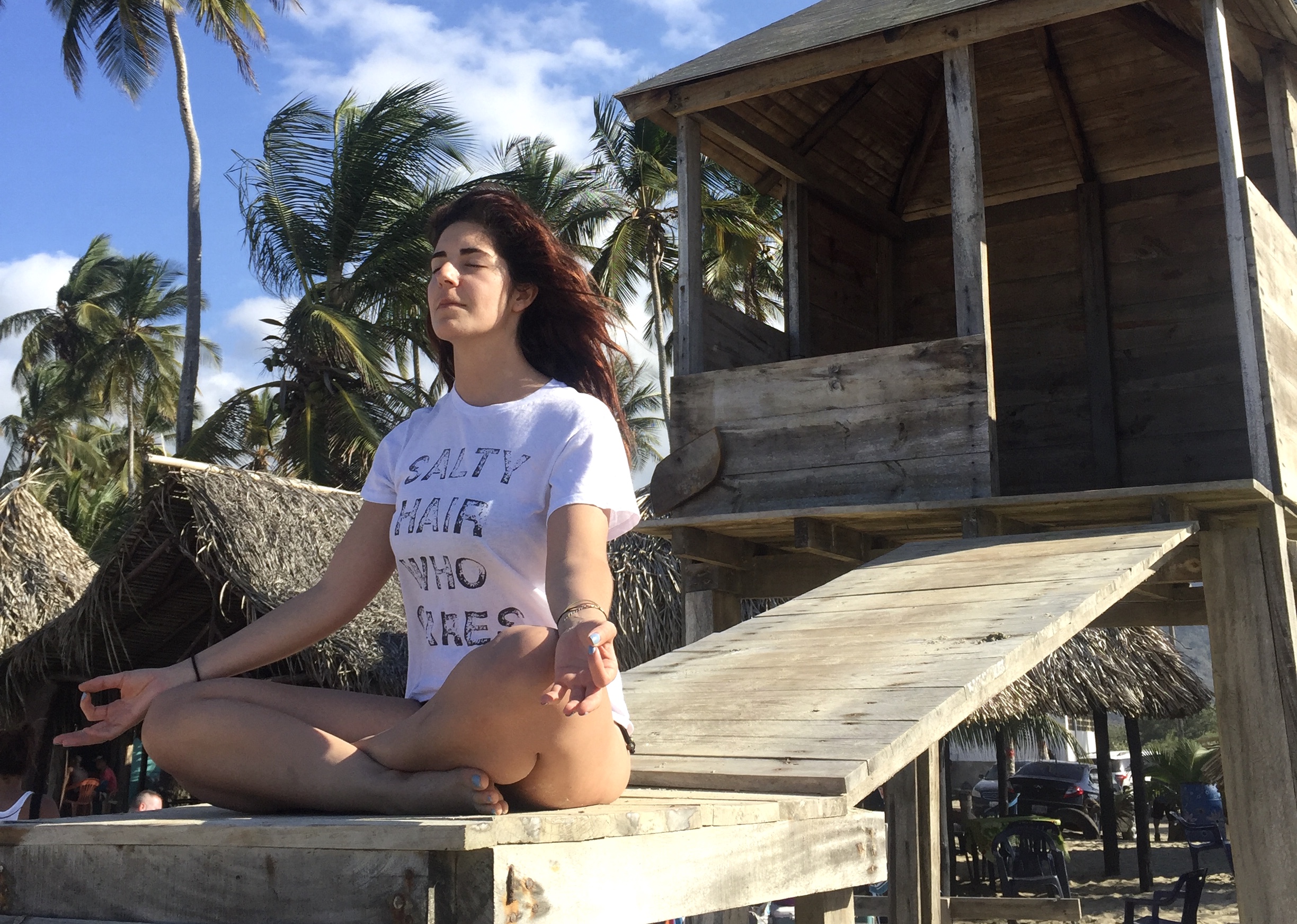Some people think addiction is one of the toughest burdens a person can bear. A recovered addict, though, may argue recovery was the hardest thing they’ve ever been through. There’s some truth to both sides.
Addiction to drugs, sex, gambling, or anything else has a way of driving a person away from themselves. It takes priority in someone’s life, creating a barrier in their relationships and holding back their professional life, all while chipping away at an addict’s wellbeing. Recovery is this person’s second chance at life, but it doesn’t happen without withdrawals. The withdrawal stage can last as little as a few hours or as long as a couple days. It’s an intense period of mental and physical excruciation, caused by the body’s longing for its drug of choice. Withdrawal symptoms can include anything from memory loss, anxiety and irritability to cold sweats, panic attacks, and bodily tremors.
What happens after this stage, though, is pure bliss. As a person progresses through each stage of their addiction recovery, they become more and more mindful of their thoughts and physical wellbeing. They progressively grow in-tune with their true self, resulting in someone who has a deeper, more expansive sense of consciousness than who they were before. This fuels a person’s initial recovery as well as long-term success of living drug-free.
The following is a closer look at the effects of addiction and the journey of recovery.
The Burden of Addiction
Addiction transforms how a person feels, thinks, and behaves. It has a way of consuming every single thought a person has, always bringing them back to one thing. Whether this be drinking, smoking, sex, or gambling, addiction shifts a person’s focus from their loved ones, career, and self-care, to finding all the possible ways they can indulge themselves.
In terms of drug addiction specifically, consistent substance use can result in memory loss, heart issues, heightened blood pressure, obesity or eating disorders, and constant fatigue. If you are a recovering addict or know an addict, you’ve likely felt/witnessed these symptoms plenty of times. Drugs take a toll on every system in the body, which you can read more here about.
The First Steps to a Better Life
As intense as addiction can be, it’s no match for what recovery can do. Some addicts are able to recover on their very first try. Others will go back and forth between putting their addiction down and picking it back up until they finally call it quits for good.
Everyone knows the first step to recovery is acceptance; change begins the moment a person faces their addiction and decides to improve their life. This is when the door to mindfulness opens.
When a person walks away from their addiction, they are really clearing their mind. Focus shifts from drug use and covering up the addiction to working through the scars of addiction and creating a better life. Addicts will often make a list of the people they’ve wronged, fill their days with healthier choices, and start to set goals for their new life.
Some of these healthy choices include exercise, meditation, cooking healthy meals, journaling, gardening, and spending time in community with others. Addicts learn to improve their communications, stop telling lies, and be more transparent with themselves and others about what they’re going through. Through small daily efforts, their entire life starts to improve right in front of their eyes. Mindfulness allows addicts to fully connect with these transformative moments.
The Key to Staying Drug-Free
Recovering from addiction is kind of like coming up for air after being underwater for a long period of time. It’s a huge relief and an incredible kind of comfort.
But, this sensation can fade over time. As an addict progresses weeks, months, and years from their addiction, they may start to forget how amazing the joys of recovery really feel. Temptations to pick up an old habit may creep back in. This is much less likely to happen to someone who practices mindfulness, though.
The art of mindfulness is key to creating a full, happy life. It is what helps recovered addicts stay on track, and something everyone in general can benefit from, too. To be mindful means to build a deep sense of awareness of physical and mental experiences. This is what allows people to know almost immediately if they are getting sick, feeling sore, or otherwise need to take extra care of their body. It’s also what helps mindful individuals keep their cool in stressful situations and feel connected to their purpose in life. Mindfulness keeps recovered addicts on the great path they’ve worked so hard to establish.
Recovered addict, friend and ally, or not, consider how you practice mindfulness in your life. How can you make this more of a focus, and better tap into the inner workings of your mind and body?


